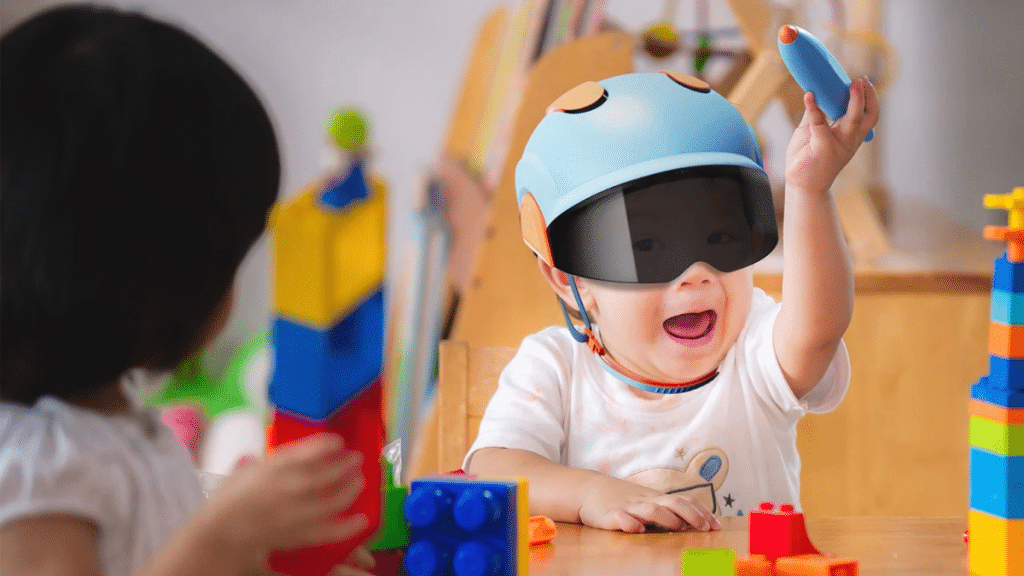Modern toys are no longer just about fun; they’re shaping how children understand the world around them. From inclusive dolls to smart gadgets, the toy industry is evolving to mirror the complexities and values of contemporary society. This evolution is not just a trend but a reflection of the world kids are growing into.
Toys as Mirrors of Society
Toys have always been a reflection of societal norms and values. Companies like Mattel have long influenced this space. As society has progressed, there has been a shift toward inclusivity and representation. The introduction of dolls with diverse skin tones, body types, and abilities showcases a growing commitment to reflecting the real world in children’s playthings. This change promotes acceptance and helps children develop empathy and understanding from an early age.
The Rise of Gender-Neutral Play
The traditional blue-for-boys and pink-for-girls paradigm is being challenged. Gender-neutral toys are gaining popularity. It allows children to explore interests without the constraints of societal expectations. This approach encourages creativity and broadens the horizons of play. By removing gender labels, toy manufacturers are acknowledging that play is universal and should not be limited by outdated stereotypes.
Integrating Technology into Play
The integration of technology into toys has revolutionized playtime. Smart toys equipped with AI can adapt to a child’s learning pace, offering personalized educational experiences. Interactive robots and coding kits are entertaining and introduce children to STEM concepts early on. This fusion of fun and learning prepares kids for a future where technology plays a central role in daily life.
Emphasizing Emotional Intelligence
Modern toys also focus on emotional development. Games and dolls that encourage role-playing scenarios help children navigate complex emotions and social situations. By simulating real-life interactions, these toys teach empathy, cooperation, and problem-solving skills. Such emotional intelligence is crucial in today’s interconnected world, where collaboration and understanding are key.
Sustainability in Toy Manufacturing
Environmental consciousness is influencing toy production. Manufacturers are opting for sustainable materials and eco-friendly packaging. This reduces the environmental footprint and instills a sense of responsibility in young minds. By playing with toys that prioritize the planet, children learn the importance of sustainability and the impact of their choices.
The Role of Play in Child Development
Play is more than just fun; it’s essential for a child’s growth. It boosts cognitive skills, sparks creativity, and builds social connections. Research shows that children engaged in varied play often do better in school and show stronger emotional intelligence. It also supports language development, motor skills, and problem-solving, laying a strong foundation for learning and adapting to new situations.
Online toy stores make it easier to find toys that match different learning needs and interests. With a wide range of inclusive and educational options, including STEM kits, creative building sets, and sensory tools, play becomes a powerful tool in shaping well-rounded, confident children ready to explore and thrive in diverse environments. These platforms also offer filters, reviews, and expert recommendations, helping adults make informed choices that support each child’s unique developmental journey.
The transformation of modern toys is a testament to society’s evolving values and the recognition of play as a powerful tool in shaping the next generation. Companies such as Mattel have helped lead this shift by designing toys that reflect a wider range of cultures, abilities, and real-world experiences. By embracing diversity, integrating technology, and promoting sustainability, toys are not just entertaining but serve as meaningful instruments for preparing children for the complexities of the world.

